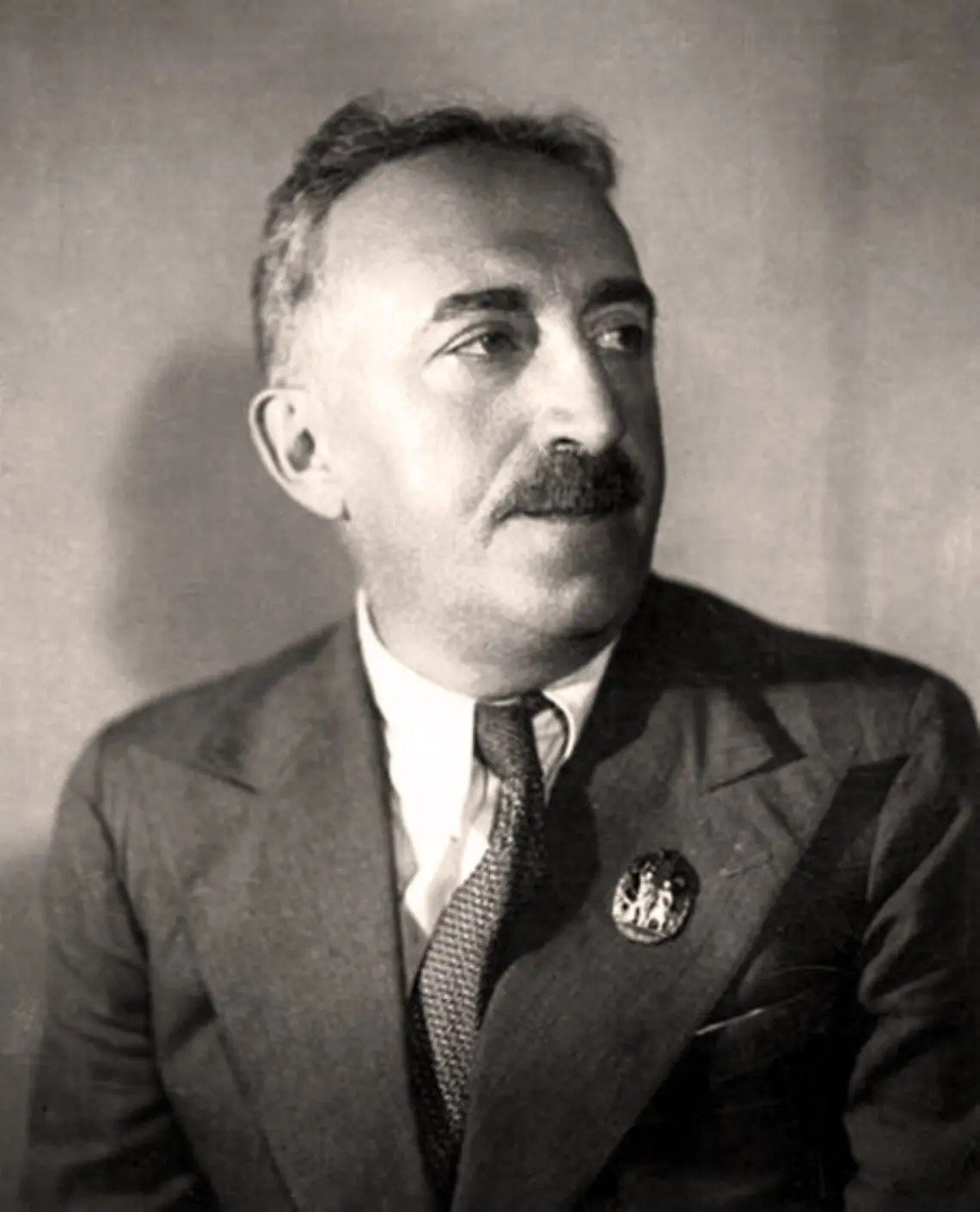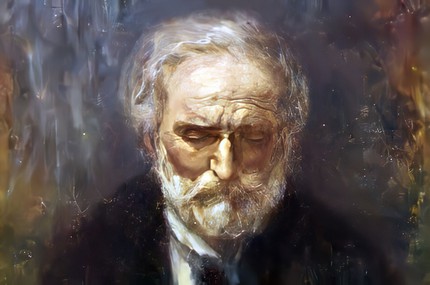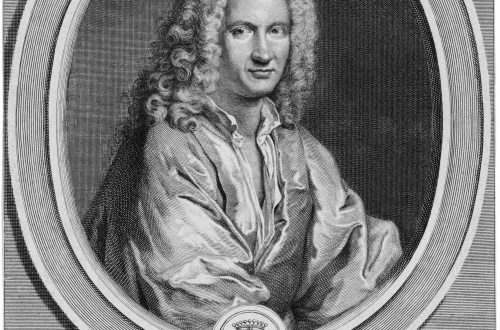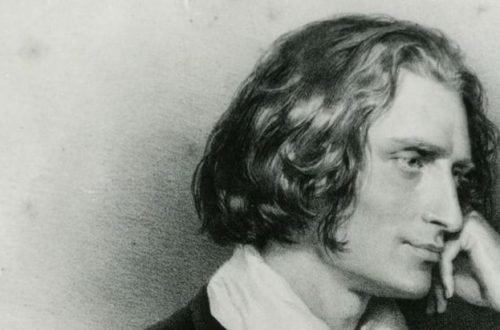
Alexander Abramovich Krein |
Alexander Krein
Krain is a Soviet composer of the older generation, who began his creative activity even before the October Revolution of 1917. His music continued the tradition of the Mighty Handful, and was also influenced by French Impressionist composers. In the work of Crane, oriental and Spanish motifs are widely reflected.
Alexander Abramovich Krein was born on October 8 (20), 1883 in Nizhny Novgorod. He was the youngest son of a humble musician who played the violin at weddings, collected Jewish songs, but mostly made his living as a piano tuner. Like his brothers, he chose the path of a professional musician and in 1897 entered the Moscow Conservatory in the cello class of A. Glen, took composition lessons from L. Nikolaev and B. Yavorsky. After graduating from the conservatory in 1908, Crane played in the orchestra, made arrangements for Jurgenson’s publishing house, and from 1912 began teaching at the Moscow People’s Conservatory. In his early compositions – romances, piano, violin and cello pieces – the influence of Tchaikovsky, Grieg and Scriabin, whom he especially loved, is noticeable. In 1916, his first symphonic work was performed – the poem “Salome” after O. Wilde, and the following year – symphonic fragments for A. Blok’s drama “The Rose and the Cross”. In the early 1920s, the First Symphony, the cantata “Kaddish”, dedicated to the memory of parents, “Jewish Caprice” for violin and piano, and a number of other works appeared. In 1928-1930, he wrote the opera Zagmuk based on a story from the life of ancient Babylon, and in 1939 Crane’s most significant work, the ballet Laurencia, appeared on the Leningrad stage.
In 1941, after the start of World War II, Crane was evacuated to Nalchik, and in 1942 to Kuibyshev (Samara), where the Moscow Bolshoi Theater was located during the war years. By order of the theater, Crane is working on the second ballet, Tatyana (Daughter of the People), dedicated to the topic that was extremely relevant at that time – the feat of a partisan girl. In 1944, Crane returned to Moscow and began work on the Second Symphony. His music for the play by Lope de Vega “The Dance Teacher” was a great success. The suite from it became very popular. Crane’s last symphonic work was the poem for voice, women’s choir and orchestra “Song of the Falcon” based on a poem by Maxim Gorky.
Crane died on April 20, 1950 at the Ruza Composer’s House near Moscow.
L. Mikheeva





